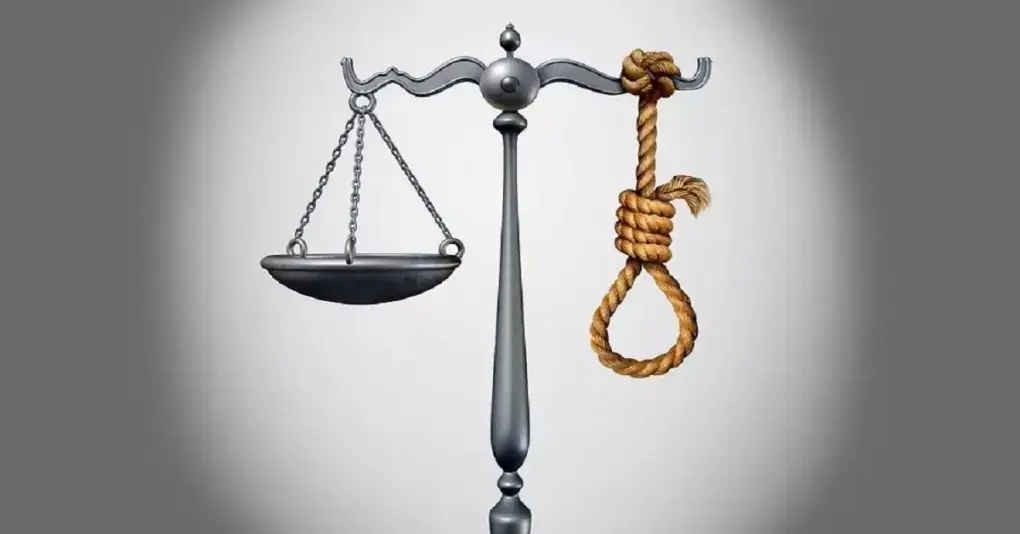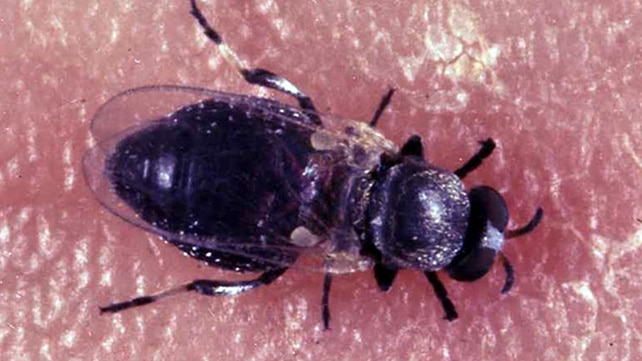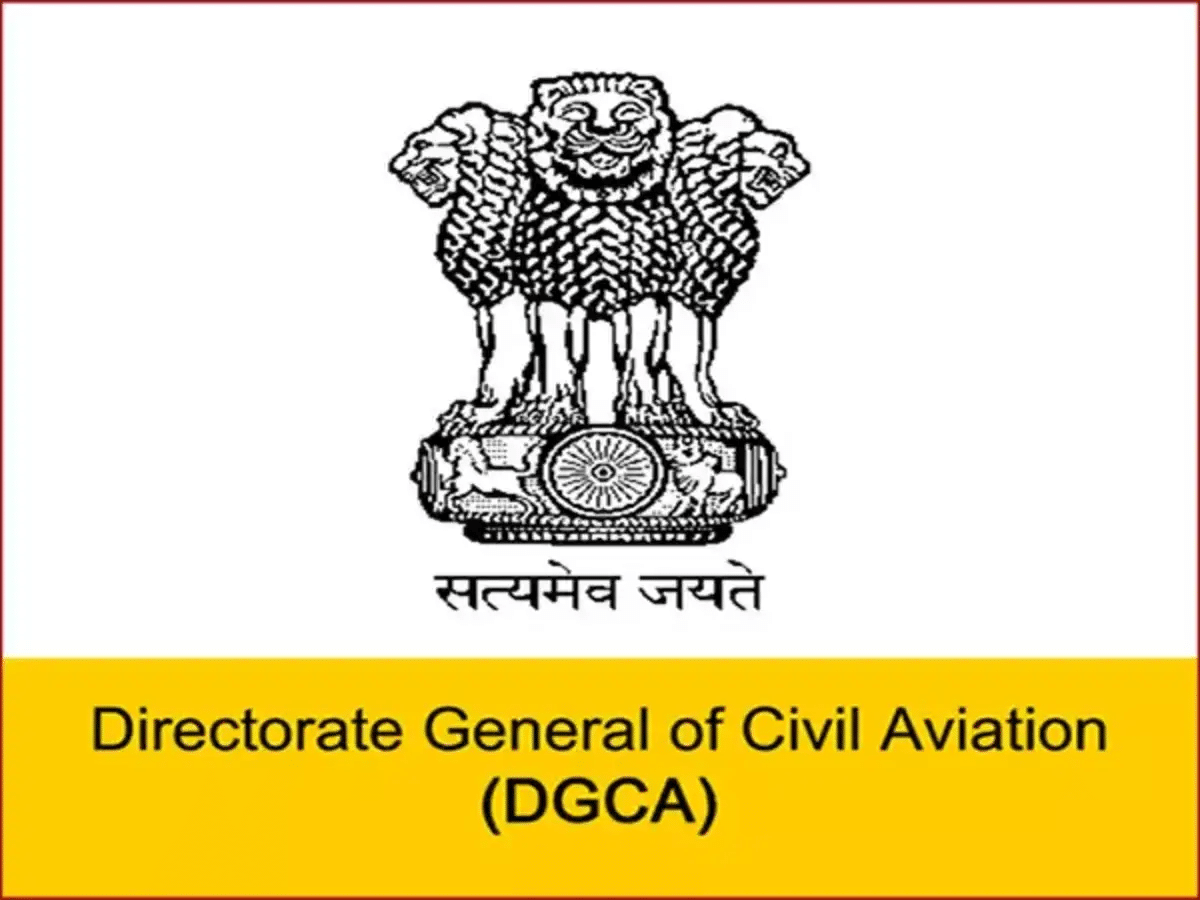About:
- The court has reaffirmed the “rarest of rare” standard in several decisions.
- The Report of the 262nd Law Commission, published in 2015, recommended the “absolute abolition” of the death penalty “for all crimes other than terrorism-related offences and waging war”
Constituional Provisions:
- Article 21 (Right to Life and Personal Liberty) guarantees the right to life and personal liberty.
- Any deprivation of this right must follow the procedure established by law.
- Article 72 and Article 161 provide the President and Governors with the power to grant pardons, reprieves, respites, or remissions of punishment or to suspend, remit, or commute the sentence of any person convicted of any offence.
Judicial Principles:
- Rarest of the Rare Doctrine: Established in the landmark case of Bachan Singh v. State of Punjab (1980), the Supreme Court of India held that the death penalty should only be awarded in the “rarest of the rare” cases, where the alternative option is unquestionably foreclosed.
- Proportionality and Balancing Aggravating and Mitigating Circumstances: Courts must weigh aggravating circumstances (such as the nature and gravity of the crime) against mitigating circumstances (such as the socio-economic background, age, or mental condition of the offender) before deciding on the death penalty.
- Judicial Review and Confirmation: The death sentence pronounced by a trial court must be confirmed by the High Court.
- Further, the Supreme Court can review the case, and there are provisions for mercy petitions to the President and Governors.
Statutory Provisions:
- Indian Penal Code (IPC), 1860: Specifies offences that are punishable by death, including murder (Section 302), treason (Section 121), terrorism-related offences (Section 121A), and others.
- Code of Criminal Procedure (CrPC), 1973: Provides procedural safeguards for the accused in death penalty cases, such as the requirement for the sentence to be confirmed by a higher court (Section 366) and the right to appeal (Section 374).
Special Laws: Certain special legislation, such as the Terrorist and Disruptive Activities (Prevention) Act (TADA), Narcotic Drugs and Psychotropic Substances Act (NDPS), and Protection of Children from Sexual Offences Act (POCSO), also prescribe the death penalty for specific crimes.
Q1: What is the pardoning power of the Indian President?
Article 72 of the Constitution of India bestows upon the President of the Indian Union a unique function called the “pardoning power”. A pardon is an act of grace and cannot be deemed as a matter of right.
Source: Red Fort case: Standards for awarding death & President’s ‘mercy’ power
Last updated on November, 2025
→ Check out the latest UPSC Syllabus 2026 here.
→ Join Vajiram & Ravi’s Interview Guidance Programme for expert help to crack your final UPSC stage.
→ UPSC Mains Result 2025 is now out.
→ UPSC Notification 2026 is scheduled to be released on January 14, 2026.
→ UPSC Calendar 2026 is released on 15th May, 2025.
→ The UPSC Vacancy 2025 were released 1129, out of which 979 were for UPSC CSE and remaining 150 are for UPSC IFoS.
→ UPSC Prelims 2026 will be conducted on 24th May, 2026 & UPSC Mains 2026 will be conducted on 21st August 2026.
→ The UPSC Selection Process is of 3 stages-Prelims, Mains and Interview.
→ UPSC Result 2024 is released with latest UPSC Marksheet 2024. Check Now!
→ UPSC Prelims Result 2025 is out now for the CSE held on 25 May 2025.
→ UPSC Toppers List 2024 is released now. Shakti Dubey is UPSC AIR 1 2024 Topper.
→ UPSC Prelims Question Paper 2025 and Unofficial Prelims Answer Key 2025 are available now.
→ UPSC Mains Question Paper 2025 is out for Essay, GS 1, 2, 3 & GS 4.
→ UPSC Mains Indian Language Question Paper 2025 is now out.
→ UPSC Mains Optional Question Paper 2025 is now out.
→ Also check Best IAS Coaching in Delhi

















